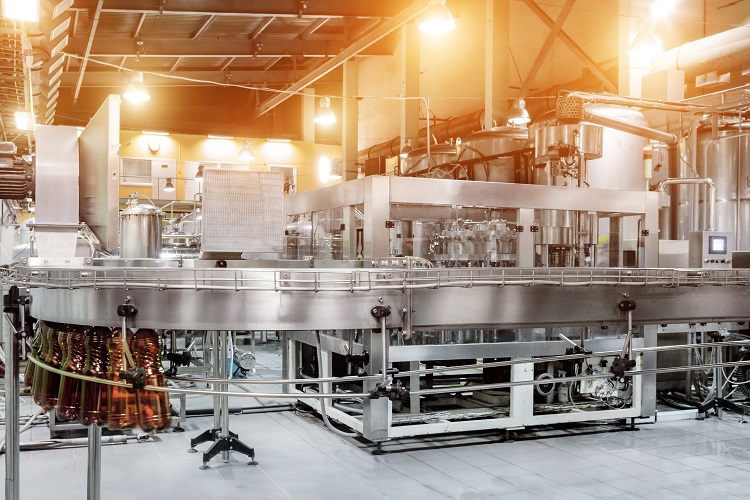Good Food Gone Bad: The Importance of Product Withdrawal Coverage

A highly publicized product withdrawal can have a devastating effect on a company, particularly for food processors. In 2009, contamination at a peanut-processing plant resulted in a Salmonella outbreak that sickened more than 700 people across the nation. This impacted a variety of companies that made products containing recalled ingredients and forced the peanut-processing plant to file for bankruptcy.
A product withdrawal is the recall or withdrawal of a product from the market or from use because of known or suspected defects or product tampering that is reasonably expected to cause bodily injury or property damage.
By removing an unsafe product from the market, a company can reduce the number of potential product liability claims it faces. However, it is important for food and beverage manufacturers to understand the insurance policy language that covers their business. It may come as a surprise, but most product withdrawal costs are not explicitly covered in the base ISO coverage form.
Acuity’s Product Withdrawal Coverage Form provides coverage for both a food processor’s expenses during a recall and liability for a third party’s recall expenses, with limits up to $1 million. Coverage begins as soon as a recall is announced to employees, vendors, or the public, or when notification to conduct a recall is received from a government agency.
A food processor could incur many costs, including replacing the defective product, notifying people of the recall, conducting government-required testing of the product, disposing of the product, and transportation costs. Third-party expenses may also include costs for a distributor or retail store to remove, return, or dispose of the insured’s recalled product.
Reputational harm is also an issue, and the food processor may need help returning credibility to their product or brand. Acuity’s Product Restoration Expense coverage can extend coverage to expenses to help the insured regain market share or generate goodwill with their customers.
Make sure to check with your local agent to see how your business can be protected from potential product withdrawals, food contamination issues, or spoilage incidents.
For additional resources on product recalls:
FDA - Food, Medicine, Vitamins, Cosmetics, Tobacco Products, Animal Products
An insurance company that cares about you and insuring the things you wish to be insured.
Get a Quote> Find an Agent>

